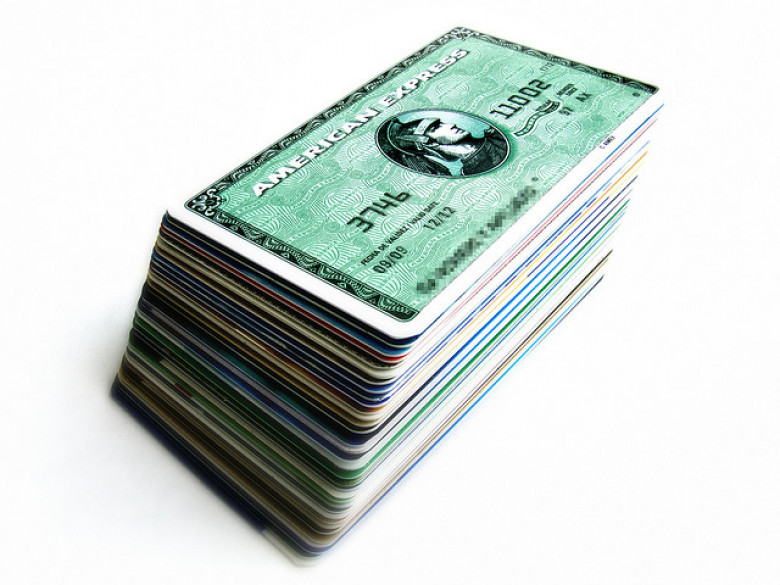Why the Payments Industry Should Oppose SOPA
On January 18, 2012, several of the most prominent websites on the Internet, including Wikipedia, suspended operations in protest of the Stop Online Piracy Act (SOPA), currently under consideration in the House of Representatives. While the main arguments against SOPA have been focused on free speech and fair use, I have not seen any discussion of a provision that bears directly on the payment industry: the requirement that payment networks refuse to settle transactions with foreign websites alleged to have infringed on copyrights.
The precedent for this provision (Section 103 of H.R. 3261, attached below) is the successful embargo of Wikileaks in 2010 by Visa, MasterCard, PayPal, American Express and other payment processors, which effectively put a stop to the site's release of classified U.S. government documents. While this action was justified at the time by the payment networks under their terms of service, it opened the door to further U.S. government interference.
Under SOPA, payment network operators will be required to stop processing payments for foreign-based websites within five days of receiving a notification from a copyright holder that the site is infringing copyrights, unless the targeted site files a "counter notification". This will put the payment network provider in the middle of a dispute that may have little merit; as the Electronic Frontier Foundation has documented, rights holders have been all too willing to abuse the provisions of the Digital Millennium Copyright Act (DCMA) with frivolous or overbroad claims. If the payment network does not cut off service within five days, it faces unlimited liability should the matter go to court.










































































